SYNAPSES Evaluated Resources
On this page you can find all resources that have been identified and evaluated by the SYNAPSES consortium. Are you looking for resources specifically for you? Use the filtering system on the left.
For a description of the Aims and Learning Outomes (LO) refer to this page.
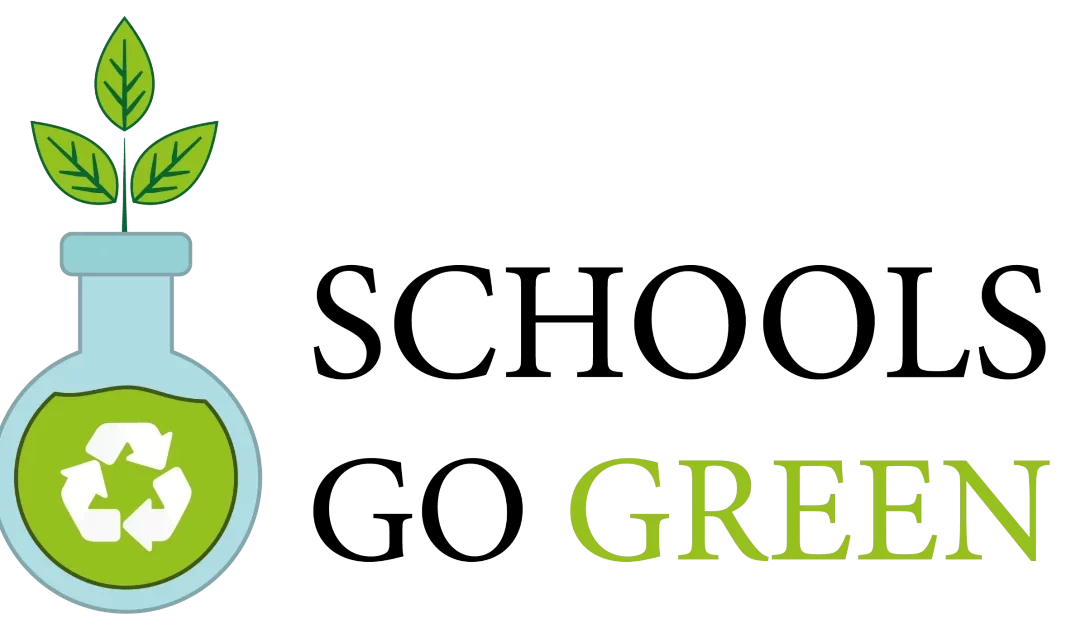
Schools go Green
This educational material consists of a multimedia Eco-Glossary based on small stories accompanied by a set of e-learning materials using audio-visual tools, like presentations for students, teacher handbooks and lesson plans. The learning material follows the whole school approach as it involves teachers, teacher educators, school leaders and researchers.
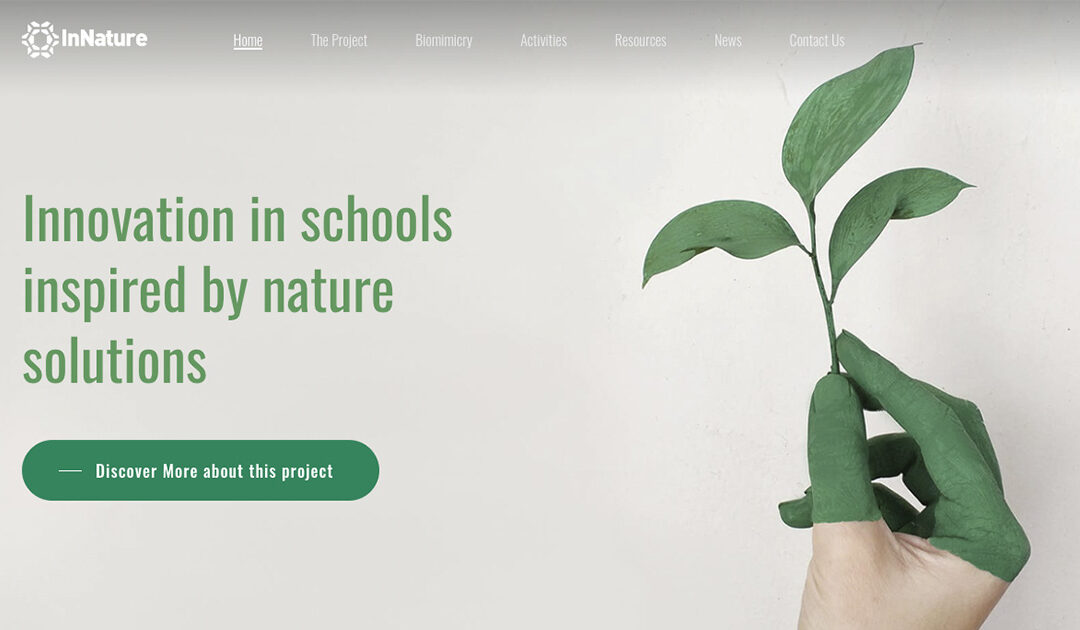
InNature
The InNature Project promotes biomimicry awareness and skills in schools, offering two toolboxes: the “Biomimicry Challenge” with lesson plans, and “Biomimicry 3.8” for workshops. Resources include teacher training, a toolkit, good practices catalog, and a 3-day “InNature Fair.” Materials are accessible online in multiple languages.
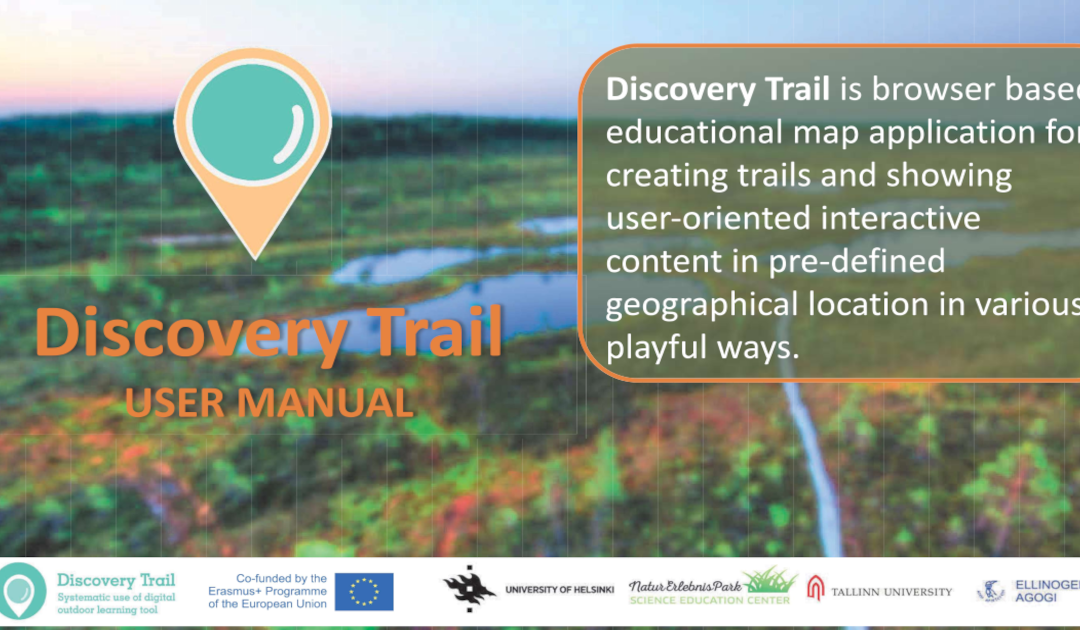
Discovery Trail Platform
Discovery Trail, through its “Avastusrada” app, streamlines outdoor learning by combining technology with exploration. This tool allows teachers to create engaging educational trails for various age groups using quizzes, open questions, and photo challenges. Real-time tracking, data download, and easy customization make environmental education more interactive and effective.
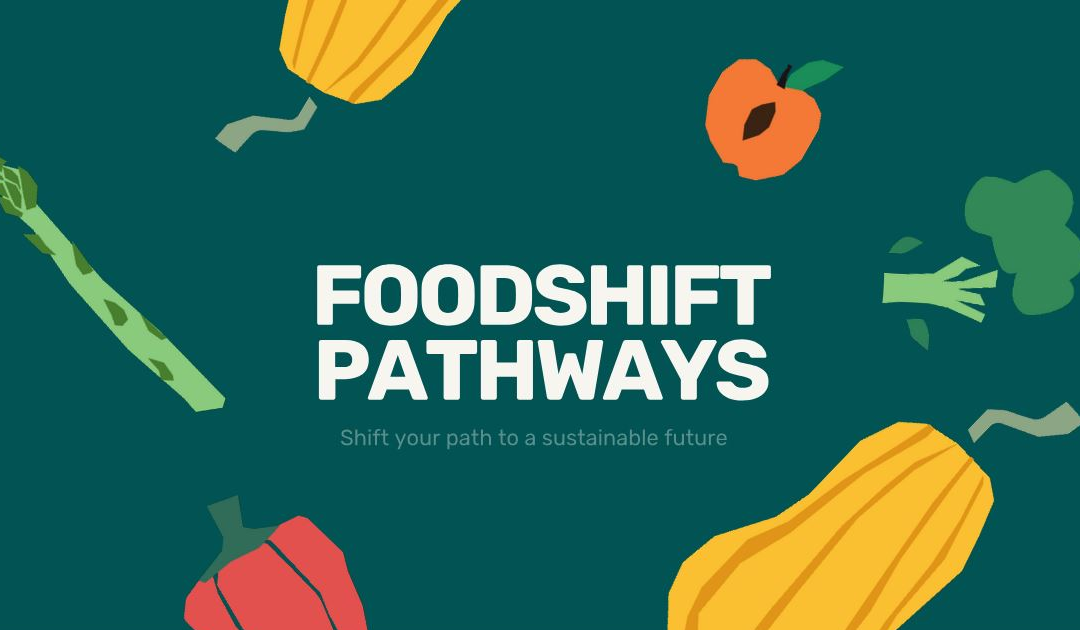
FoodShift Pathways: Open Learning Scenarios
Open Learning Scenarios (OLS) empower teachers to address food system sustainability by placing students at the center of learning. Using open schooling and living-lab methodologies, students collaborate with societal actors to co-create solutions for real-life community challenges. The resource includes 60 scenarios and 6 ready-to-use videos.
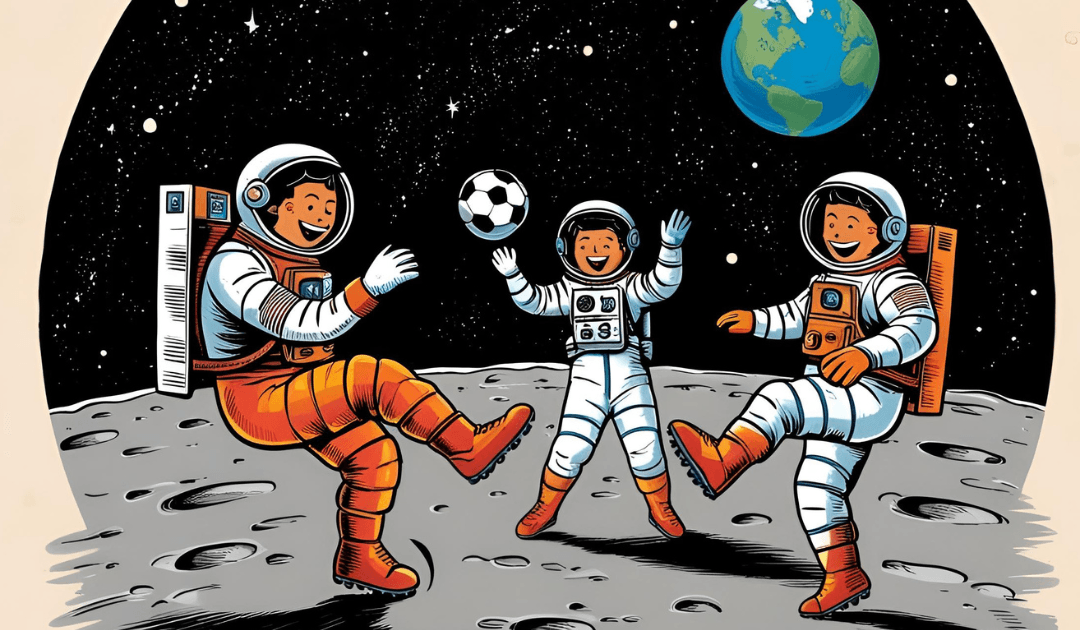
Astronomy and Football
This resource engages students in understanding planetary distances and scaling by using a football field as a model for the Solar System. Through hands-on calculations and visual representation, students explore astronomy, STEM concepts, and scientific modeling in an interactive and engaging way.
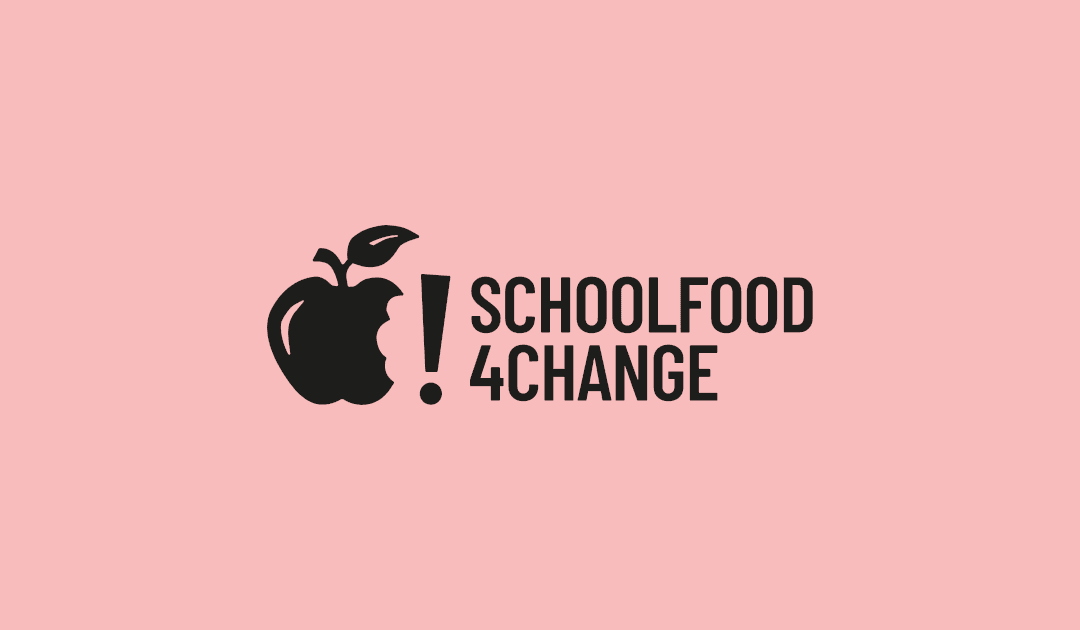
Inspiring Whole School Food Approach Across Europe
The Whole School Food Approach aims to transform schools across Europe by reshaping students’ relationship with food. It goes beyond healthier meals, helping students understand where food comes from, how it’s produced, and its importance for their health and the planet.

Online self-study courses ESD methods: Station Learning
The document provides a comprehensive guide on Station Learning, outlining its pedagogical background, implementation process, and benefits for education. It explains how teachers can design, prepare, and assess station-based lessons while fostering self-directed, experiential, and competency-based learning. The method promotes engagement, differentiation, and interdisciplinary teaching, making it ideal for modern classrooms.
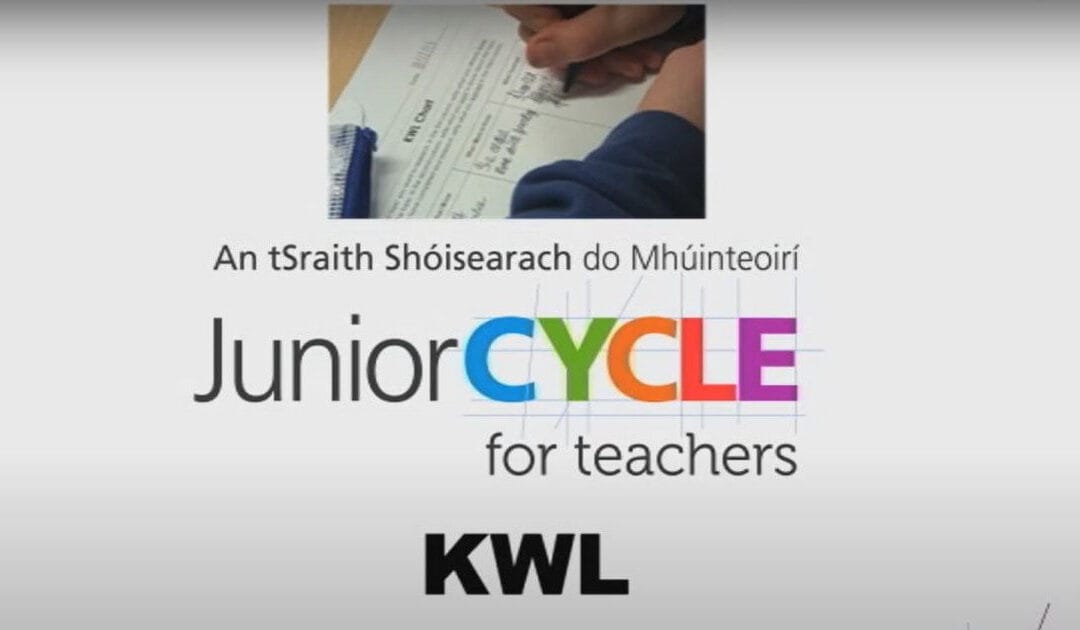
KWL Chart – Active Methodology
This active teaching method allows students to express what they Know (K), Want to Know (W) and what they have Learned (L) from a lesson. By being aware of students’ interests and prior knowledge, the teacher can create projects and assignments that are both challenging and enjoyable for the students.
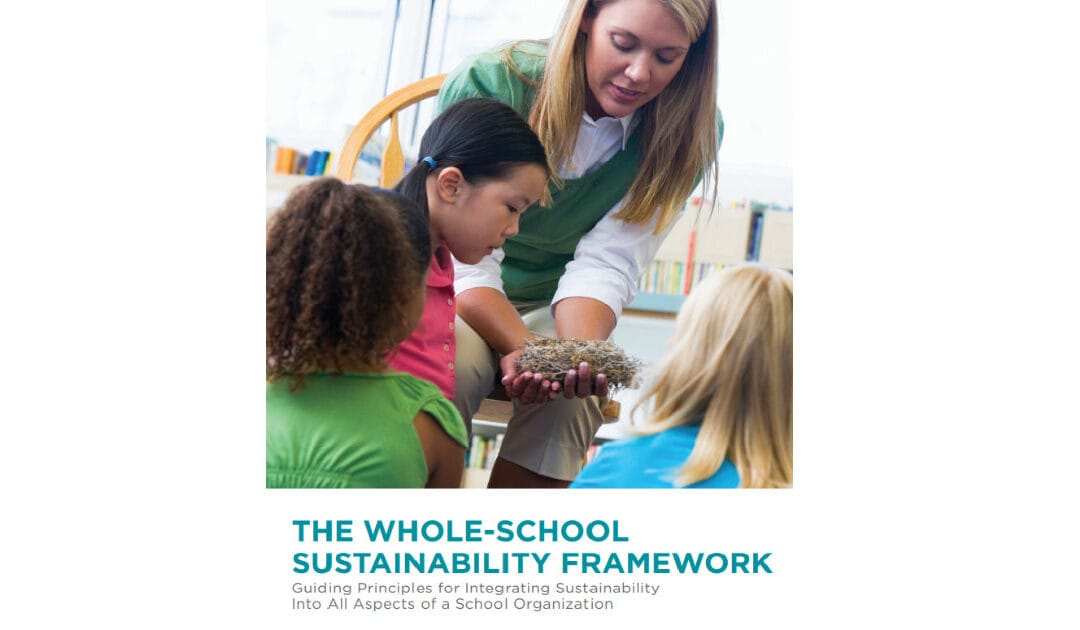
Whole-School Sustainability Framework
This is a framework for embedding sustainability throughout school operations, teaching, and culture. It outlines a vision for whole-school transformation through leadership, systems thinking and shared values.
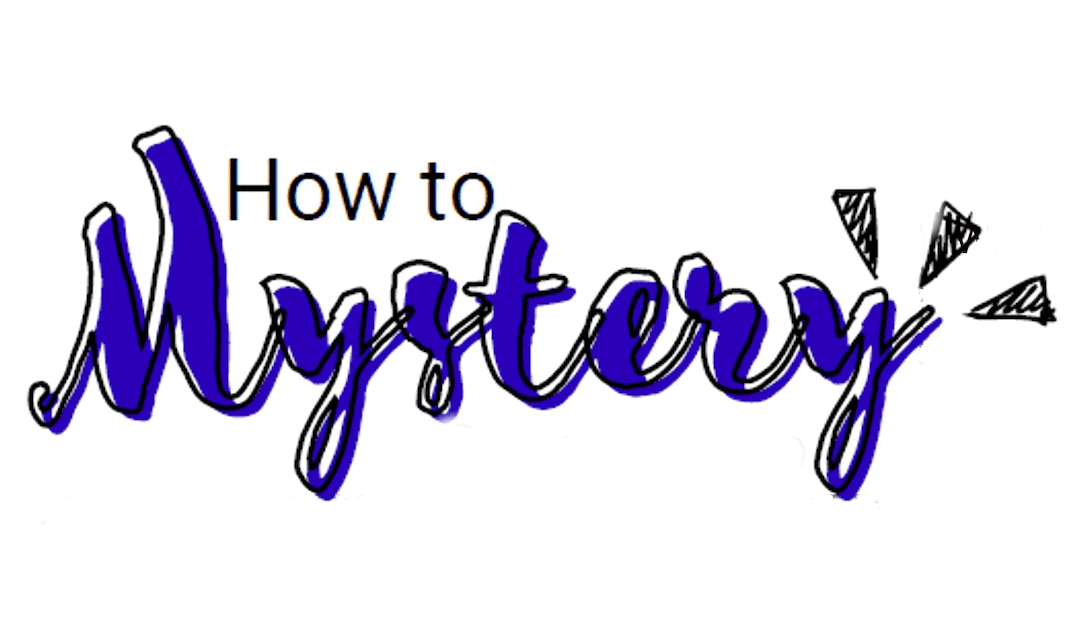
How to Mystery
The resource explains how to design and implement a Mystery Game as an educational tool to promote critical thinking, problem-solving, and teamwork. It outlines the process, from creating a thought-provoking scenario to group discussions and reflection. The guide emphasizes open-ended exploration, student-driven learning, and adaptable difficulty levels.

